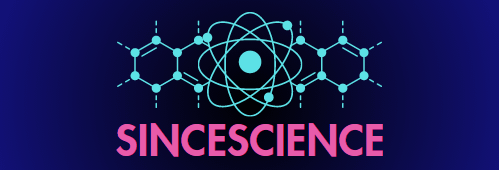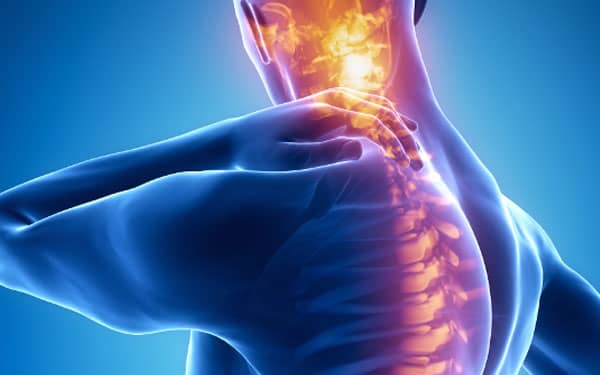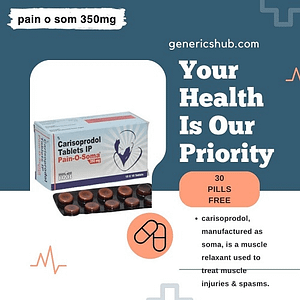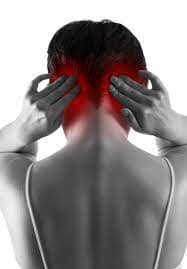Introduction: Deciphering the Complex Interplay
In the bustling cacophony of modern life, stress has become an ever-present companion, lurking in the shadows of our daily routines. Yet, its implications extend far beyond mere psychological distress; stress can manifest physically, wreaking havoc on our bodies in ways we might not even realize. One such manifestation is the insidious onset of muscle pain, a discomfort that plagues many without clear explanation. To comprehend the correlation between stress and muscle pain, we must delve deep into the intricate web of physiological and psychological mechanisms that intertwine within us.
Stress: The Silent Intruder
Stress is not merely a fleeting emotion but a complex physiological response, triggering a cascade of hormonal and neurological reactions within our bodies. When faced with a perceived threat or challenge, our sympathetic nervous system initiates the infamous “fight or flight” response, flooding our bloodstream with adrenaline and cortisol. While this ancient survival mechanism served our ancestors well in the face of predators, in the modern world, it often becomes a chronic condition, with our bodies in a perpetual state of alertness.
The Musculoskeletal Conundrum: From Tension to Pain
As stress tightens its grip, our muscles bear the brunt of its relentless assault. Muscle tension becomes a common manifestation, as our bodies prepare for potential physical exertion. However, when stress becomes chronic, this tension can escalate into full-blown muscle pain, a persistent ache that defies conventional remedies. The reasons behind this transition are multifaceted, encompassing both physiological and psychological factors.
The Neurobiological Nexus: Bridging Mind and Body
Central to the stress-muscle pain relationship lies the intricate interplay between the brain and the body. Neurotransmitters such as serotonin and dopamine, which regulate mood and pain perception, undergo dysregulation under chronic stress conditions. Furthermore, the hypothalamic-pituitary-adrenal (HPA) axis, our body’s chief stress response system, can become overstimulated, leading to prolonged secretion of cortisol, a hormone notorious for its role in inflammation and pain sensitization.
Unraveling the Psychological Patterns: Stress as a Catalyst for Pain
Beyond its physiological effects, stress exerts a profound influence on our psychological well-being, which in turn can exacerbate muscle pain. Anxiety and depression, frequent companions of chronic stress, not only magnify our perception of pain but also disrupt the delicate balance of neurotransmitters implicated in pain modulation. Moreover, maladaptive coping mechanisms such as poor sleep and sedentary lifestyle, often adopted in response to stress, further perpetuate the cycle of muscular discomfort.
Breaking the Cycle: Strategies for Stress Management and Pain Relief
While the relationship between stress and muscle pain may seem daunting, it is not insurmountable. Empowered with knowledge and equipped with effective coping strategies, individuals can take proactive steps to alleviate both stress and its somatic manifestations.
Embrace Relaxation Techniques: The Power of Mindfulness and Meditation
Mindfulness and meditation offer invaluable tools for navigating the turbulent waters of stress. By cultivating present-moment awareness and fostering a sense of inner calm, these practices can help loosen the grip of tension that constricts our muscles, paving the way for relief from pain.
Prioritize Physical Activity: Exercise as Medicine for Body and Mind
Contrary to instinct, engaging in regular exercise can be a potent antidote to both stress and muscle pain. Physical activity not only promotes the release of endorphins, our body’s natural painkillers, but also serves as a cathartic outlet for pent-up tension, allowing muscles to relax and rejuvenate.
Foster Social Connections: The Healing Power of Human Connection
In times of stress, social support can serve as a lifeline, buffering against the deleterious effects of psychological distress. Whether through heartfelt conversations with loved ones or shared moments of laughter with friends, nurturing meaningful relationships can provide solace in the face of adversity.
Conclusion: Illuminating the Path Forward
In the labyrinthine corridors of modern existence, where stress lurks around every corner, understanding the intricate dance between stress and muscle pain is paramount. By peeling back the layers of this complex relationship, we can empower ourselves to break free from the shackles of chronic discomfort and embrace a life filled with vitality and resilience.






